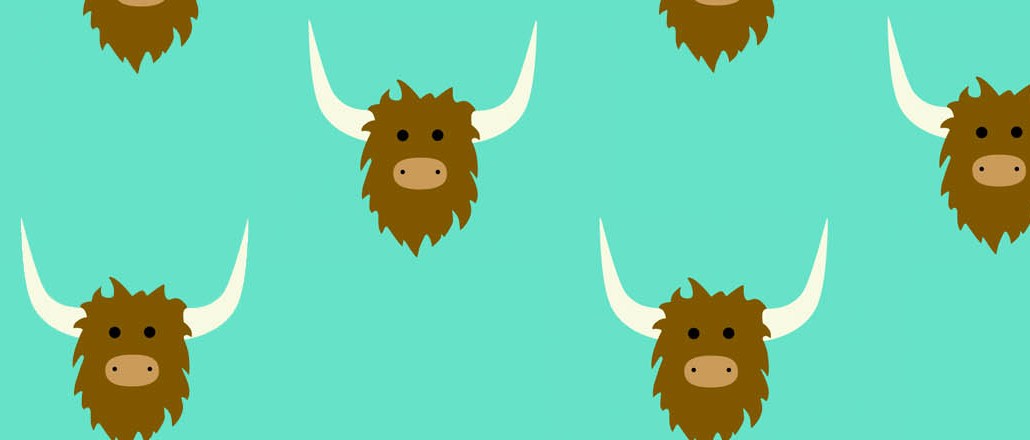Secure your place at the Digiday Media Buying Summit in Nashville, March 2-4
How BBC is using Yik Yak to talk to millennials (and get them to talk back)

BBC has already experimented with Whatsapp, WeChat and Line in an effort to reach readers on the apps they’re already using. Now, it’s going deeper on Yik Yak.
As a part of special week of mental health coverage, BBC News turned to the platform to ask users about which mental health issues and taboos people should be talking about. Yik Yak is both location-based and anonymous, making it a popular, albeit controversial app on college campuses.
Since posting its initial question on Tuesday, the effort has gotten hundreds of responses from people in the U.K., and thousands of engagements in the forms of “upvotes” from other users. The Yik Yak effort is a product of Newsbeat, BBC’s effort aimed at younger audiences.
BBC’s interest in the platform is twofold. Not only is 98 percent of the app’s audience millennial, per comScore, but the ability for users to comment anonymously makes it “an ideal way to try to engage with younger users,” which are more likely to be honest but only when their names aren’t attached to their comments, said James Morgan, one of BBC News’s social and audience engagement leads.
“The kind of honest responses we’re getting are hard to get through Facebook or Twitter or other forms of user-generated content that require names or email addresses. We’ve made strides, but mental health is still a taboo, so an anonymous app felt like the right approach,” he said. One big lesson the BBC learned: Yik Yak’s users were surprisingly supportive of each other, despite the users’ anonymity .

BBC News’ embrace of Yik Yak’s anonymity is ironic given that anonymity is what’s landed it in hot water on college campuses. While most of the app’s usage is innocuous, it has also gained a reputation for being home to anonymous bullying, harassment and even school shooting threats. This has forced university administrators to consider banning the app outright. Despite all of that, brands and publishers are eyeing it as a possible standout platform this year, thanks to its popularity with young people. The app is on 2,000 campuses in the U.S.
BBC declined to address those concerns directly, but it’s clear that the organization is committed to the platform. It’s mental health week effort is actually the second of its kind from the organization. BBC became the first news organization to work with the platform last fall during the Canadian presidential elections, when it quizzed Canadian Yik Yak users on what they thought were the most important issues that politicians should address. Morgan said that BBC plans to evolve its approach to Yik Yak by, for example, targeting users on certain college campus and regions in the U.K.
BBC has been particularly zealous in its embrace of mobile chat apps. It used Viber to communicate with victim’s of last year’s Nepali earthquake, WeChat to cover India’s elections and Whatsapp to send people in West Africa updates and health alerts about Ebola. It’s similarly bullish on Yik Yak.
“When Twitter came out, everyone thought it seemed silly, but that changed quickly. Same for Snapchat,” said BBC’s Morgan. “With Yik Yak, we wanted to get ahead of the curve and wanted to be there from the beginning because all signs point to it become another important platform.”
More in Media

From feeds to streets: How mega influencer Haley Baylee is diversifying beyond platform algorithms
Kalil is partnering with LinkNYC to take her social media content into the real world and the streets of NYC.

‘A brand trip’: How the creator economy showed up at this year’s Super Bowl
Super Bowl 2026 had more on-the-ground brand activations and creator participation than ever, showcasing how it’s become a massive IRL moment for the creator economy.

Media Briefing: Turning scraped content into paid assets — Amazon and Microsoft build AI marketplaces
Amazon plans an AI content marketplace to join Microsoft’s efforts and pay publishers — but it relies on AI com stop scraping for free.





